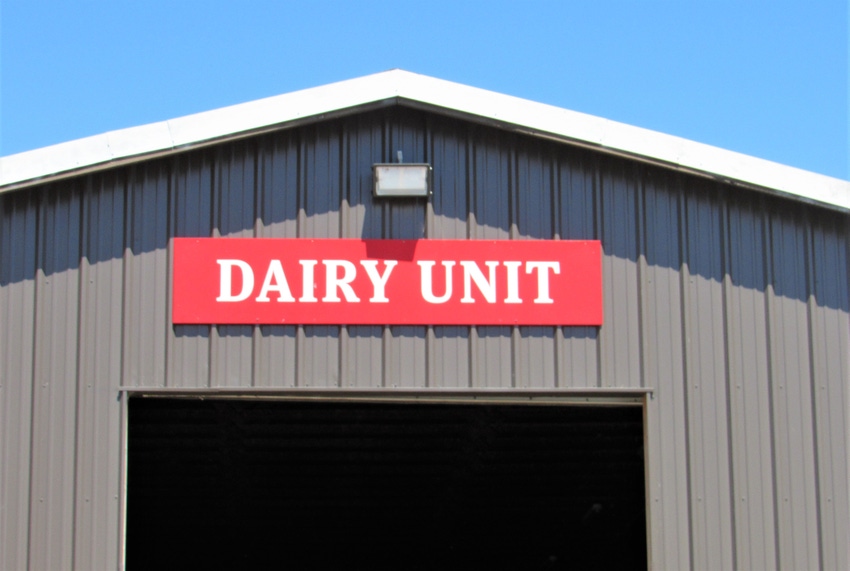December 27, 2019

Two public stakeholder workshops are scheduled in January 2020 to assist applicants interested in the Dairy Digester Research and Development Program (DDRDP).
The aim of these workshops is to provide more information about the program, and to provide assistance during the application process.
“It is important that we ensure dairy digester program applicants get the feedback they need to be competitive in the grant application process,” said CDFA Secretary Karen Ross. “We hope potential applicants take advantage of these timely workshops, whether in person or via webinar.
CDFA was appropriated $34 million dollars from the Greenhouse Gas (GHG) Reduction Fund, authorized by the Budget Act of 2019, to provide financial assistance for dairy and livestock operations that install dairy digesters to capture methane.
The public workshops are scheduled as follows:
Date: Monday, January 6, 2020
Time: 1 p.m. to 3 p.m. PT
Location: CDFA Auditorium, 1220 N Street, Sacramento, CA 95814
To attend remotely, register at: https://attendee.gotowebinar.com/register/2788569699174348045
Date: Thursday, January 9, 2020
Time: 1 p.m. to 3 p.m. PT
Location: CDFA Auditorium, 1220 N Street, Sacramento, CA 95814
To attend remotely, register at:
https://attendee.gotowebinar.com/register/4731018617849983501
The DDRDP is part of California Climate Investments, a statewide program that puts billions of Cap-and-Trade dollars to work reducing GHG emissions, strengthening the economy and improving public health and the environment—particularly in disadvantaged communities.
The Cap-and-Trade program also creates a financial incentive for industries to invest in clean technologies and develop innovative ways to reduce pollution.
California Climate Investments projects include affordable housing, renewable energy, public transportation, zero-emission vehicles, environmental restoration, more sustainable agriculture, recycling and much more.
At least 35 percent of these investments are located within and benefiting residents of disadvantaged communities, low-income communities and low-income households across California.
For more information, visit the California Climate Investments website at www.caclimateinvestments.ca.gov.\
Source: California Department of Food and Agriculture, which is solely responsible for the information provided and is wholly owned by the source. Informa Business Media and all its subsidiaries are not responsible for any of the content contained in this information asset.
You May Also Like




